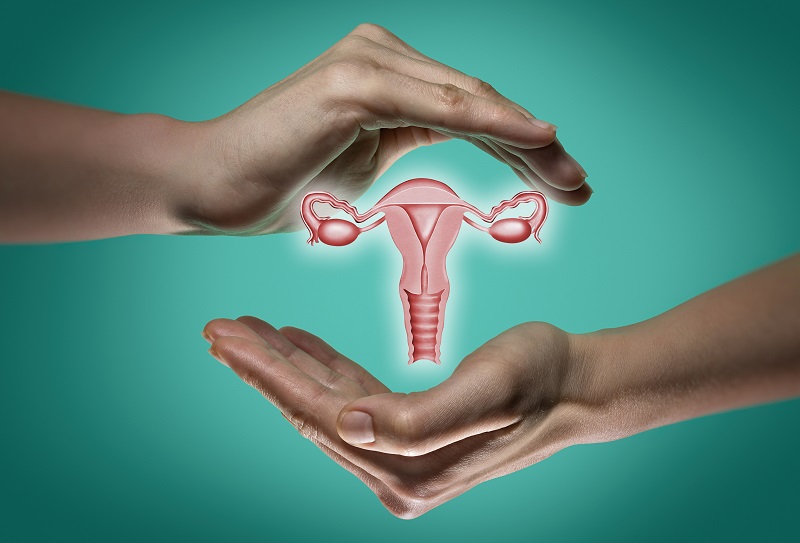Cervical cancer occurs when cells change in a women’s cervix, which connects the uterus and vagina. This cancer can affect the deeper tissues of their cervix and may spread to other parts of their body (metastasize), often the lungs, liver, bladder, vagina, and rectum.
HPV is the main cause of cervical cancer. Other cofactors include long-term use of hormonal contraceptives, high parity, early initiation of sexual activity, multiple sex partners, tobacco smoking which convert normal infection to cancer. This cervical cancer is preventable with vaccines.
Foods that fight cervical cancer
A high antioxidant, carotenoids, flavonoids, and folate-rich diet which are found in fruits and vegetables can help the body fight and prevent HPV infection. Eating mostly a plant-based diet, that is made up primarily of fruits, vegetables, beans, and whole grains is best for preventing cervical cancer.
Flavonoids
Flavonoids are potential chemical compounds in fruits and vegetables that are thought to be a leading source of protection against cancer. A few examples of flavonoid-rich foods are
- Apple
- Broccoli
- Cabbage
- Garlic
- Onion
- Spinach’
- Soy
Folate as cervical cancer risk reducer
Studies suggest that foods rich in folate (a water-soluble B vitamin) reduce the risk of cervical cancer in people with HPV. Folate helps the body stop HPV infection from coming back repeatedly, which decreases the risk of developing cancer.
Foods rich in folate are
Avocados Chickpeas Orange juice Strawberries Fortified cereals and bread.
Carotenoids in cervical cancer diet
As per some studies, carotenoids, a source of vitamin A, is also helpful in preventing cervical cancer risk. Apart from the fruits, vegetables, and beans on the lists above, you can also include orange foods such as carrots, sweet potatoes, pumpkin, and winter squash in your diet.
Cervical cancer is primarily a lifestyle cancer. A healthy lifestyle that can help reduce your chances of developing cervical cancer should also include:
1. Getting annual pap smears screening for early diagnosis
2. Quit smoking
3. Getting vaccinated against HPV
Disclaimer: The content on this site is for informational purposes only, and should not be taken as professional medical advice. Always seek the guidance of your doctor or other health professionals for any questions you may have regarding your health or a medical condition.

 HPV is the main cause of cervical cancer. However, studies suggest that high antioxidants, carotenoids, flavonoids, and folate diet can help in preventing HPV infection. Know some easy ways to include these essentials in your daily diet
HPV is the main cause of cervical cancer. However, studies suggest that high antioxidants, carotenoids, flavonoids, and folate diet can help in preventing HPV infection. Know some easy ways to include these essentials in your daily diet










.jpeg)


.jpg)




.jpg)





.jpeg)

.jpg)



